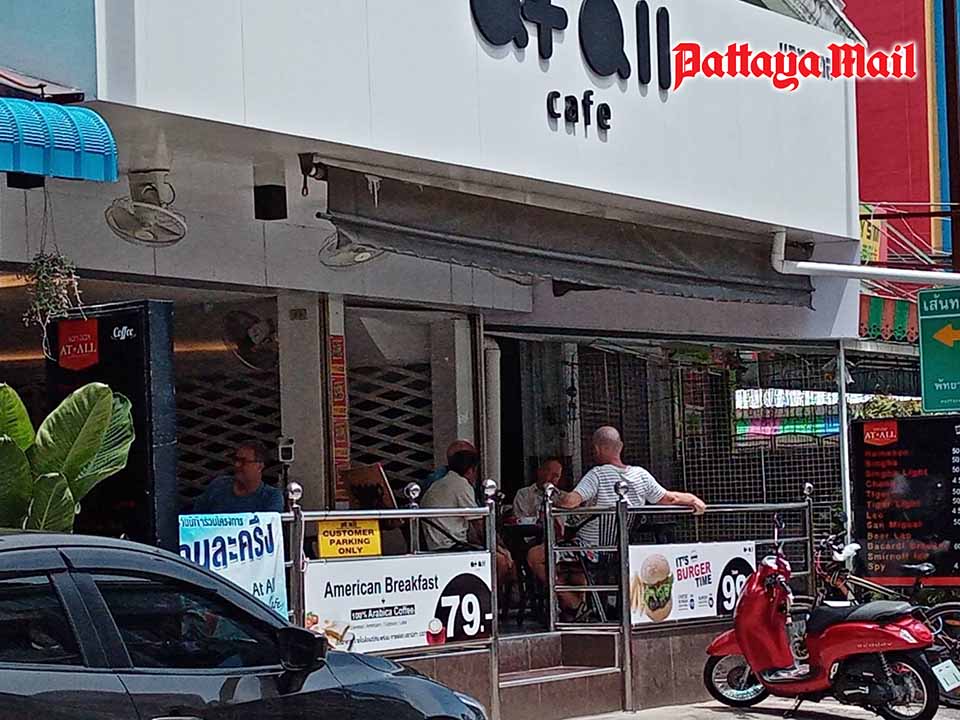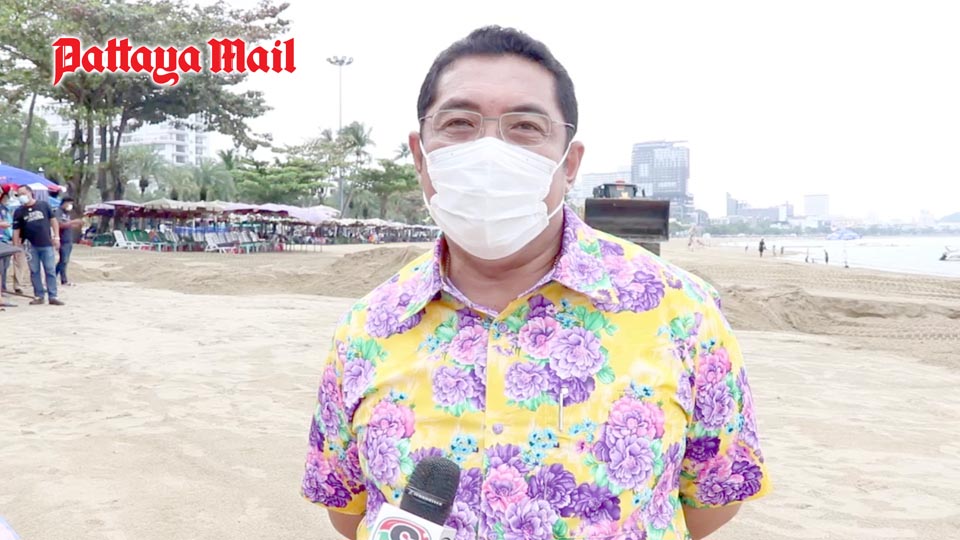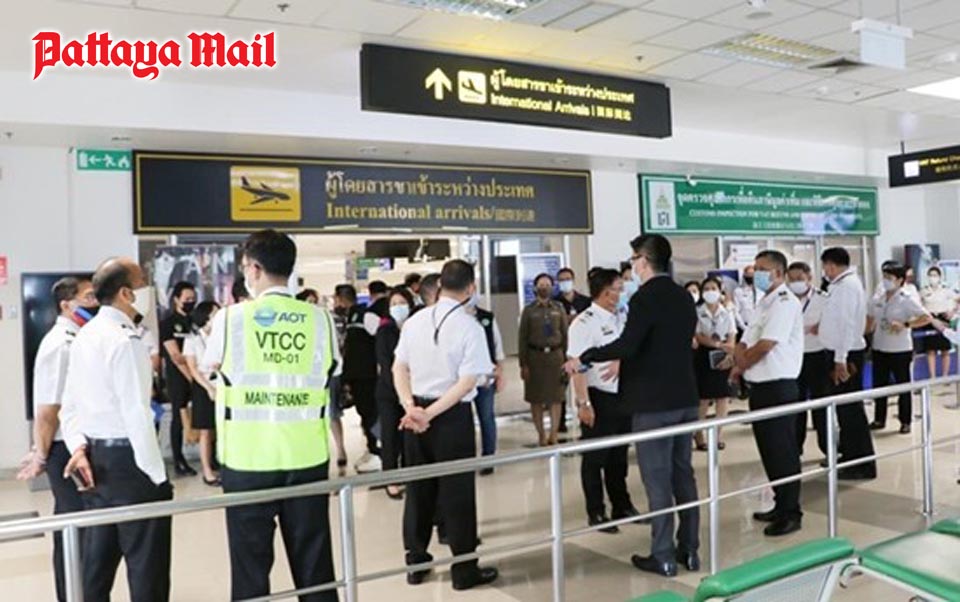
There are many iffs and buts. Yet, assuming Phuket manages to get off the ground its Sandbox tourist plan on July 1 – fully vaccinated foreigners need not quarantine – Pattaya hopes to follow from October 1. Pattaya Mayor Sonthaya Kunplome chaired a "Pattaya Move On" conference at City Hall on May 26.
The biggest question mark is whether Pattaya can manage to vaccinate 70 percent of its host population by the operating date as well as achieving a single-figure daily infection rate. Chonburi health authorities are reasonably confident they can achieve both aims, so let's assume they are right.
In government guidelines previously issued, it was clarified that Sandbox tourists will need proof of full vaccination, a certificate of entry from the local Thai embassy, Covid-19 insurance of at least US$100,000, a downloaded Thailand Plus tracking app, a negative PCR test prior to departure and a further Covid-19 test on arrival and proof of accommodation in Pattaya for at least the first seven days.
Confirmation from the Thai immigration bureau or the Ministry of Foreign Affairs is still awaited on the precise entry documentation which will be required for any Sandbox aspirants. If Thai embassies abroad must work with the current regulations, then that should be announced. It is not uncommon for immigration announcements to be made at the last minute.
What isn't currently clear is how successful entrants will travel from the airport to Pattaya. The most likely solution would be sealed transport, such as special buses, although the logistics would be difficult as well as unpopular. An alternative approach might be use of the Thailand Plus tracking app to prove personal movements. What consequences might follow if the tourist turned off the app are an ongoing blur issue.

The Pattaya mayor has confirmed that tourists must stay at hotels carrying government-approved hygiene standards and engage in activities in areas designated by the management. How tourists electing to stay at the home of a relative or friend would fit into this paradigm is another enigma to resolve. All Sandboxers will likely have to report to health authorities after seven days, maybe through the app or perhaps with a swab test.
The international market for Pattaya Sandbox is speculative. It is the third most popular resort area after Bangkok and Phuket. Chinese and Indian authorities are unlikely to allow their citizens to participate this calendar year, especially in charter tours which have been a mainstay in the past. The Pattaya mayor in his speech mentioned Germany and Russia. Brits are currently being advised not to travel to Thailand as it is an "amber" or Covid-risky destination.

Assuming the vaccinated tourists actually arrive in Pattaya (presumably the map will be broadly drawn to include neighboring areas such as Banglamung and Sattahip), what will they actually do? One has to assume by then that beaches will reopen and that bars and clubs, or some of them, will have removed their padlocks. The unrelated announcement that 300 American servicemen will be visiting Pattaya this August will hopefully provide some clues.
Pattaya is currently an internationally-deprived ghost town and it is reassuring that City Hall is being proactive in publishing its initial Sandbox proposals for onward consideration by the Centre for Covid-19 Situation Administration next month. But a great deal of detail is waiting to be filled in. And the clock is ticking.